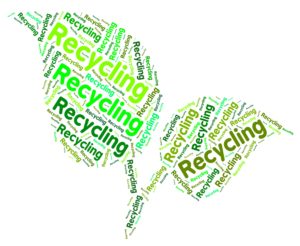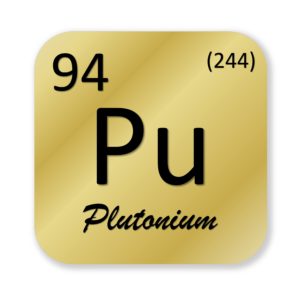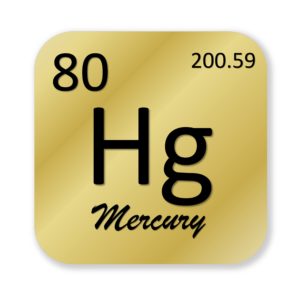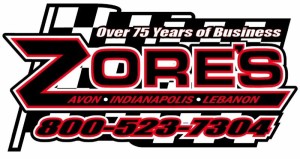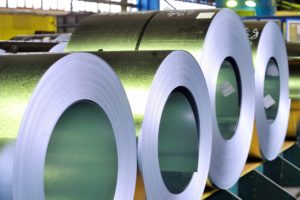
Aluminum Recycling 317-244-0700
Pure Aluminum
Commercially pure aluminum is called Alloy 1100, and is soft and malleable. This makes it perfect for applications that call for difficult forming of metal. Although it is non-heat treatable, it can be welded using any other method. It is admired for its corrosion-resistant qualities, as well as, its ductility and color.
Alloy 2011
This grade of aluminum retains high mechanical strength, making it perfect for machining applications. Also referred to as “free machining alloy (FMA)”, this metal is a great choice for any projects that are carried out on automatic lathes, and for production of complex and intricate parts.
Alloy 2014
Also very strong and retaining high machining capabilities, Alloy 2014 is an aluminum grade metal that is commonly used for aerospace structural applications since it is highly resistant to corrosion.
Alloy 2024
This grade of aluminum is the one of the most commonly used aluminum alloys due to its high strength and fatigue resistance. Projects that require good strength to weight ratio are best matched with this grade of aluminum.
Alloy 3003
Alloy 3003 is the most commonly used grade of aluminum. It is commercially pure, but also contains manganese to increase its strength. The added manganese makes this aluminum 20% stronger than allow 1100, or pure aluminum.
Alloy 5052
Out of all the non-heat treatable grades, this grade of aluminum is the strongest, and its fatigue resistance is higher than most other grades as well. Since it has a notable resistance to salt water corrosion, it is commonly used in marine applications.
Alloy 6061
This grade of aluminum is the most versatile out of all the heat treatable aluminum alloys. Not only does it retain an excellence resistance to corrosion, it also has a wide range of useful mechanical properties. In the annealed condition, it has great malleability and can be welded by all methods, including furnace brazed.
Alloy 6063
This is commonly referred to architectural alloy since it is retains high tensile properties and excellent finishing characteristics. Also being very resistant to corrosion, this aluminum grade is a perfect match for interior and exterior architectural applications, architectural trim, and even anodizing applications.
Alloy 7075
As one of the highest strength aluminum alloys on the market, Alloy 7075 also has a great strength to weight ratio. This is why it is perfect for high stress parts. It can be shaped in the annealed condition, and heat treated too. Spot and flash welding are the recommended methods.
Recycle Aluminum in Indianapolis

Indianapolis Metal Recycling 317-244-0700
aluminum recycling services in Indianapolis, IN.

